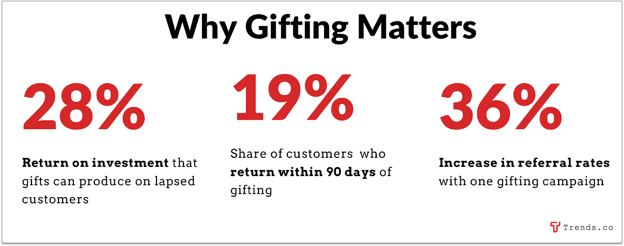Topline
The Supreme Courtroom ruled Monday in favor of Sen. Ted Cruz (R-Texas) in a campaign finance case relating to how strategies can repay candidates’ financial loans, in a 6-3 final decision that critics warn could make it easier to bribe political candidates.
Sen. Ted Cruz (R-Texas) speaks on the economic climate during a information meeting at the U.S. Capitol on Could 04 … [+]
Getty Pictures
Critical Points
Cruz sued the Federal Election Committee regarding a rule that limitations how political strategies can reimburse candidates for loans they make to their individual campaign, letting them to repay up to $250,000 in loans at any time, and extra than that only if they are repaid in just 20 days submit-election.
Cruz made a $260,000 financial loan to his campaign suitable just before the election in 2018 and $10,000 could not be repaid, so Cruz sued to problem the underlying regulation, arguing it infringed on his To start with Modification legal rights.
The court docket ruled that the limitation on repaying loans “burdens core political speech without the need of good justification,” declaring if politicians can not be entirely reimbursed by their campaigns, it will dissuade them from loaning cash in the initially area.
The Biden administration had argued Cruz did not have standing to deliver the scenario simply because his campaign purposely did not pay back again the total bank loan on time so that he could deliver the lawsuit, but the court ruled that the reality Cruz’s challenge was “willingly incurred” shouldn’t stop him from getting able to sue.
Justices also struck down the government’s argument that the regulation can help reduce corruption and “quid professional quo” preparations in which a applicant is bribed, indicating there was insufficient evidence to back again that up.
Main Justice John Roberts wrote the opinion for the court’s bulk, and the ruling was split together ideological lines, with the six conservative-leaning justices ruling in Cruz’s favor although the 3 liberal justices dissented.
Main Critic
In her dissent, Justice Elena Kagan reported the ruling “greenlights … sordid bargains” and “government corruption” by making it a lot easier to bribe candidates, laying out the possibility where by candidates lending dollars to their marketing campaign will lead to a “gaping” hole in their own own lender accounts, creating them much more ready to settle for bribes and quid pro quo preparations from donors to be certain they’ll get their income back again. “The politician is content the donors are pleased,” Kagan wrote. “The only loser is the general public.”
Important History
Cruz to begin with introduced his lawsuit in 2019, and a district courtroom had dominated in his favor prior to the federal federal government appealed the scenario to the Supreme Court docket. The Texas senator’s 2018 Senate race from challenger Beto O’Rourke was the most high-priced Senate race in U.S. historical past at the time, Chief Justice John Roberts noted in his ruling for the courtroom. The regulation at issue in the scenario was component of the Bipartisan Campaign Reform Act of 2002, also recognised as the McCain-Feingold Act, that imposed constraints on political donations to prevent corruption. The court docket formerly struck down other provisions of that legislation with McCutcheon v. FEC in 2014, which abolished some restrictions on individuals’ political donations Citizens United v. FEC in 2010, which ruled companies and other groups should not be subject to limits on campaign expending and Davis v. FEC, which struck down a “millionaire’s amendment” that allowed candidates likely up towards rich challengers that self-fund their campaigns to increase further resources.
Even further Reading through
Federal government faces skeptical bench in defending marketing campaign-finance regulation challenged by Ted Cruz (SCOTUSblog)
Opinion: Ted Cruz’s Supreme Court circumstance could make it less difficult to bribe politicians (NBC Information)
Ted Cruz at coronary heart of circumstance that could legalize quid professional quo election contributions (Courthouse News Services)
The Supreme Courtroom can take up a scenario, introduced by Ted Cruz, that could legalize bribery (Vox)







.png)
More Stories
Meta fined €1.2bn for unlawful data transfers
Akzo Nobel suspends 2023 outlook due to macroeconomic headwinds
Southern CEO Fanning to exit, hunt on for successor – Bloomberg News